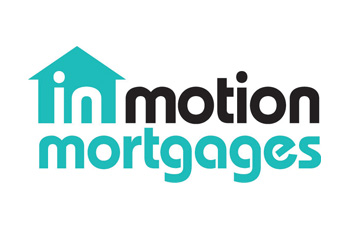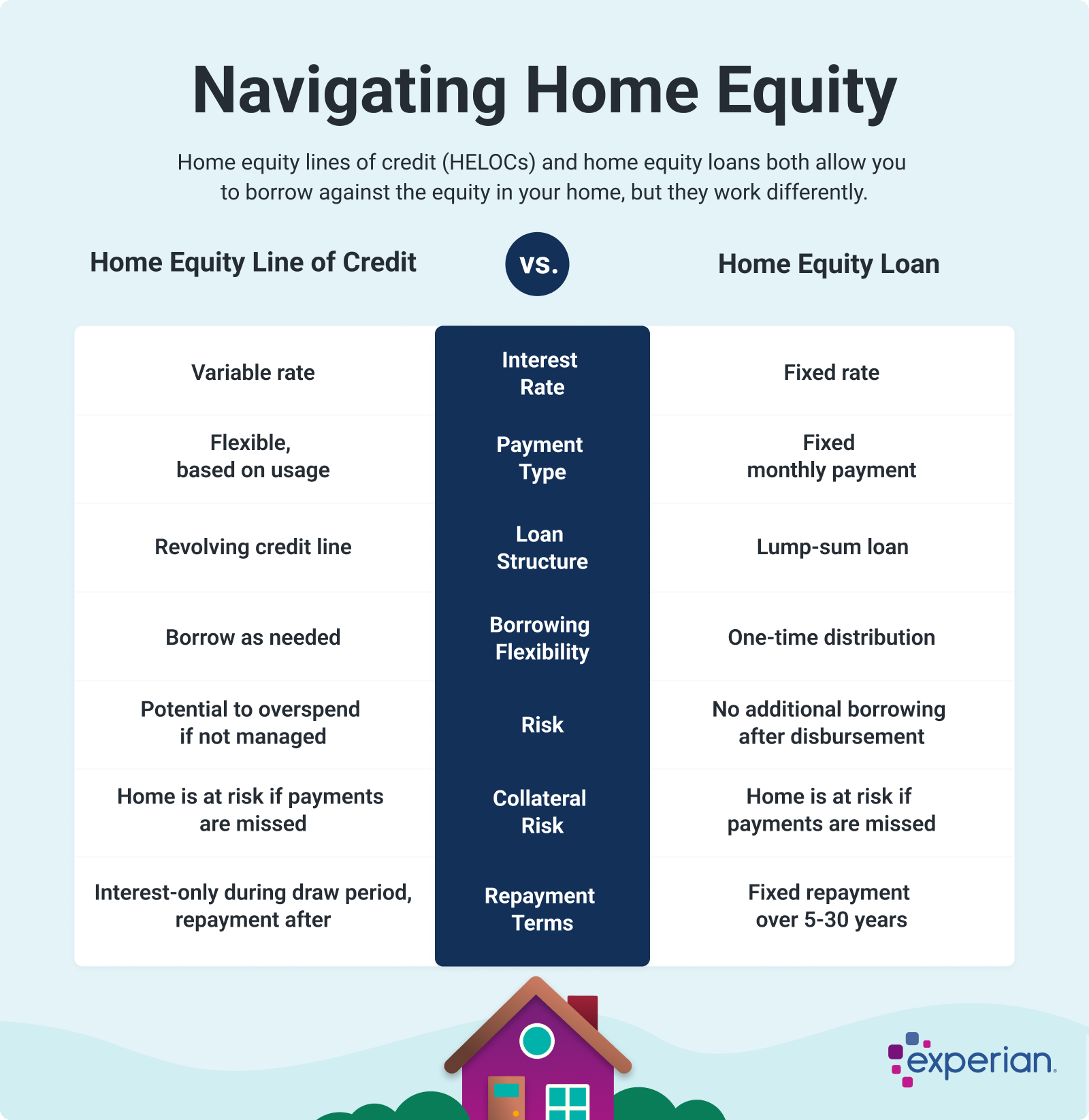Discovering the Different Kinds of Equity Release Mortgages Available Today
Equity Release home mortgages present numerous alternatives for property owners aged 55 and over. equity release mortgages. These monetary items provide to various requirements and preferences, enabling individuals to access funds from their home. From lifetime mortgages to shared appreciation home loans, each type supplies distinctive advantages. Recognizing these options is crucial for making educated choices. What factors should one consider when choosing the most appropriate equity Release strategy? The information that follow might clarify this crucial topic
Recognizing Equity Release Mortgages
Equity Release home loans offer house owners, typically those aged 55 and over, with a way to access the worth linked up in their property without needing to sell it. This economic choice enables individuals to convert a portion of their home equity into money, which can be made use of for various objectives, such as home enhancements, paying off financial obligations, or financing retirement.Equity Release can take different forms, but it basically involves borrowing versus the value of the home while preserving ownership. Property owners can choose to receive a round figure or a collection of smaller sized settlements, relying on their economic needs and preferences.Additionally, the amount readily available for Release is affected by the home's value, the homeowner's age, and particular lender criteria. In general, recognizing equity Release home mortgages is necessary for home owners to make informed decisions about taking advantage of their home's equity while considering the long-term effects.
Life time Mortgages
Life time mortgages represent among the most preferred kinds of equity Release. This financial item allows property owners, usually aged 55 or older, to borrow versus the worth of their property while retaining possession. The lending, which is secured against the home, builds up rate of interest in time yet does not call for regular monthly payments. Rather, the funding and accrued passion are paid off when the property owner dies or relocates into long-term care.Lifetime home loans use adaptability, as customers can choose to obtain a lump amount or choose a drawdown center, accessing funds as required. Significantly, several plans included a no-negative-equity assurance, guaranteeing that customers will never owe even more than the worth of their home. This attribute gives satisfaction, permitting individuals to enjoy their retired life without the fear of diminishing their estate. Overall, life time mortgages act as a sensible option for those seeking financial backing in later life.
Home Reversion Program

Drawdown Life Time Mortgages
While several house owners seek means to access their wealth, drawdown lifetime home loans present a flexible alternative that allows people to Release funds slowly. This kind of equity Release home loan allows homeowners to obtain versus the value of their residential property while preserving possession. Unlike conventional life time mortgages, drawdown strategies allow borrowers to access a part of their equity upfront and take out extra funds as required, approximately a fixed limit.This function can be specifically beneficial for those who wish to manage their finances meticulously, as it reduces rate of interest build-up by just billing rate of interest on the amounts attracted. Furthermore, drawdown life time home loans usually come with a "no unfavorable equity guarantee," ensuring that borrowers will certainly never owe more than their home's value. This option matches senior citizens who desire financial safety and security and adaptability, permitting them to satisfy unanticipated costs or preserve their way of life without having to sell their property.
Improved Life Time Mortgages
Boosted Lifetime Home loans supply distinctive benefits for qualified home owners looking for to Release equity from their homes. Understanding the qualification criteria is crucial, as it identifies that can profit from these specialized finances. However, it is also important to assess the possible disadvantages related to boosted choices, ensuring a well-rounded point of view on their usage.
Qualification Standards Explained
Recognizing the eligibility criteria for Enhanced Life time Mortgages is vital for prospective applicants looking for to access the equity in their homes. Typically, candidates have to be aged 55 or older, as this age demand is basic in the equity Release market. House owners should have a building valued at a minimum More about the author threshold, which can vary by lending institution. Notably, the residential property needs to be their key house and in good problem. Lenders commonly evaluate the house owner's wellness status, as certain health and wellness conditions might boost eligibility and advantages. In addition, candidates ought to not have existing substantial financial debts safeguarded against the building. Fulfilling these requirements allows people to check out Improved Life time Home mortgages as a sensible alternative for accessing funds linked up in their homes.
Advantages of Boosted Home Loans
After clearing up the qualification criteria, it comes to be obvious that Improved Life time Home mortgages provide a number of substantial advantages for home owners aiming to take advantage of their residential property equity. Mainly, they give accessibility to a larger loan quantity contrasted to standard life time mortgages, profiting those with health conditions or age-related variables that boost their life expectations risk. This enhanced loaning capability allows house owners to meet different monetary needs, such as home enhancements or retired life expenditures. Additionally, these home loans commonly come with versatile repayment options, enabling customers to handle their financial resources a lot more effectively. The no-negative-equity assurance better ensures that property owners will never ever owe greater than their residential or commercial property's value, providing satisfaction. In General, Enhanced Lifetime Home mortgages provide a compelling choice for eligible property owners looking for economic solutions.
Possible Downsides Thought About
While Enhanced Lifetime Mortgages provide many benefits, prospective drawbacks call for careful factor to consider. One substantial concern is the influence on inheritance; the equity launched minimizes the worth of the estate left to recipients. Furthermore, these mortgages can accumulate considerable passion Homepage in time, leading to a substantial debt that might surpass the initial lending quantity. There may also be restrictions on home adjustments or rental, restricting home owners' adaptability. Moreover, boosted products often need certain wellness conditions, meaning not all home owners will certainly certify. Managing the charges and costs linked with these home mortgages can be complicated, possibly leading to unexpected expenses. Because of this, individuals must completely evaluate their situation and consult monetary advisors before continuing.
Shared Admiration Home Loans
Shared Appreciation Mortgages stand for a distinct monetary arrangement that enables homeowners to accessibility equity while sharing future residential property worth increases with the lender. This strategy provides prospective benefits such as reduced month-to-month payments, yet it additionally includes disadvantages that have to be carefully considered. Understanding the eligibility demands is vital for those thinking about this option.
Idea Overview
Equity Release mortgages, particularly in the kind of shared admiration mortgages, provide home owners a distinct monetary option that permits them to access funds by leveraging the worth of their building. In this arrangement, a lending institution supplies a financing to the property owner, which is usually paid back via a share of the residential or commercial property's future recognition in worth. This indicates that when the homeowner offers the property or dies, the lender gets a percent of the boosted value, instead than simply the preliminary car loan amount. Shared gratitude home mortgages can be appealing for those aiming to supplement their revenue or money substantial costs while retaining ownership of their home. Nonetheless, the economic ramifications of shared admiration have to be thoroughly considered by potential customers.
Disadvantages and advantages
Although common recognition home mortgages can offer substantial monetary benefits, they also feature remarkable drawbacks that prospective debtors ought to take into consideration. These mortgages allow house owners to access equity in their residential properties while sharing a portion of any type of future appreciation with the lender. This arrangement can be valuable during times of rising residential property worths, providing substantial funds without month-to-month settlements. The main disadvantage is the prospective loss of equity; property owners might finish up with substantially lowered inheritance for heirs. Furthermore, the complexity of the terms can lead to misunderstandings regarding settlement responsibilities and the percentage of appreciation owed. It is vital for debtors to weigh these variables very carefully before committing to a shared appreciation mortgage.

Qualification Demands
What criteria must house owners meet to get a shared admiration home mortgage? Mainly, candidates should be at least 55 years of ages, guaranteeing they are within the target group for equity Release items. In addition, the property has to be their primary residence and usually valued above a specified minimum threshold, commonly around ? 100,000. Lenders also evaluate the homeowner's economic circumstances, including revenue and superior debts, to establish they can handle the mortgage sensibly. Notably, the home has to be in good problem and devoid of significant lawful encumbrances. Property owners must additionally have a clear understanding of the terms, including just how recognition will certainly be shown to the lender upon sale or transfer of the building, as this affects overall returns.
Selecting the Right Equity Release Alternative

Regularly Asked Inquiries
What Age Do I Required to Be for Equity Release?
The age demand for equity Release normally starts at 55 for a lot of plans. Some providers may offer choices for those aged 60 and above, showing differing terms based on private circumstances and lender policies.
Will Equity Release Affect My Inheritance?
Equity Release can impact inheritance, as the amount borrowed plus rate of interest minimizes the estate's value. Beneficiaries may get less than prepared for, depending on the residential property's recognition and the overall financial debt at the time of passing.
Can I Move Residence With Equity Release?
The concern of moving home with equity Release emerges regularly. Usually, individuals can transfer their equity Release plan to a new home, but particular terms may apply, requiring consultation with the lender for advice.
Are There Charges Related To Equity Release Mortgages?
Fees related to equity Release home loans can consist of setup costs, valuation costs, and legal costs. Additionally, there might be very early payment fees, which can impact the overall expense and economic ramifications for the customer.
Just How Does Equity Release Impact My Tax Circumstance?
Equity Release can affect one's tax obligation situation by possibly increasing gross income, as released funds are taken into consideration funding. Nevertheless, it generally does not incur immediate tax responsibilities, making it necessary to seek advice from a monetary consultant for individualized support.
Verdict
In summary, the range of equity Release home loans offered today uses property owners aged 55 and over multiple pathways to access their residential property's value - equity release mortgages. Whether selecting a life time mortgage, home reversion strategy, or various other alternatives, each choice presents distinctive advantages tailored to individual monetary needs. Careful consideration and assessment with a monetary advisor are vital to assure the chosen equity Release service aligns with personal objectives and monetary conditions, eventually promoting educated decision-making for a secure monetary future. Equity Release home loans existing different alternatives for home owners aged 55 and over. Equity Release home mortgages provide homeowners, commonly those aged 55 and over, with a means to access the worth tied up in their building without needing to market it. Enhanced Lifetime Home loans provide distinctive benefits for qualified homeowners seeking to Release equity from their residential properties. Equity Release home mortgages, especially in the type of common recognition mortgages, use property check my reference owners an one-of-a-kind monetary solution that permits them to access funds by leveraging the value of their residential property. In summary, the selection of equity Release mortgages readily available today uses house owners aged 55 and over multiple pathways to access their home's value